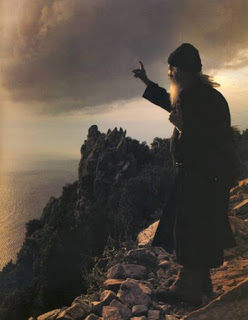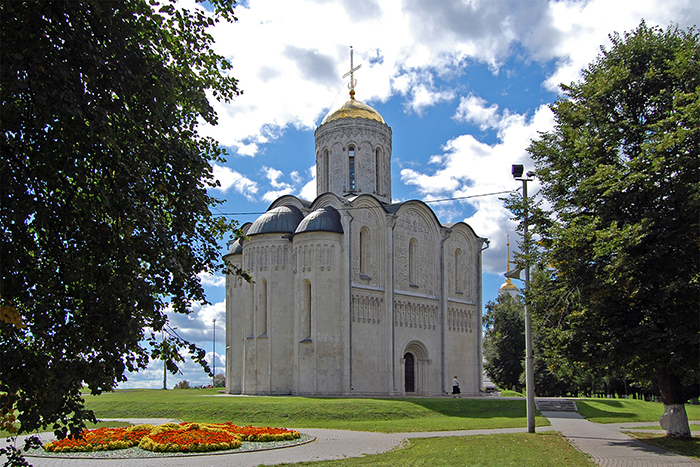 Remember in the Star Wars movies, how various emotions were able to throw different characters over to “the Dark Side of the Force”? Anger, hate, vengeance, competition, ambition, greed, even an excess of sexual passion or selfishness therein. (Recall that Jedi Knights are supposed to be celibate – like some quasi-monastic mystical police force – and how marrying Padme – secretly and against Jedi advice – was a big wrong turn for Anakin Skywalker on his way to becoming Darth Vader.)
Remember in the Star Wars movies, how various emotions were able to throw different characters over to “the Dark Side of the Force”? Anger, hate, vengeance, competition, ambition, greed, even an excess of sexual passion or selfishness therein. (Recall that Jedi Knights are supposed to be celibate – like some quasi-monastic mystical police force – and how marrying Padme – secretly and against Jedi advice – was a big wrong turn for Anakin Skywalker on his way to becoming Darth Vader.) These are some of the passions Orthodox Fathers and Mothers of the Church, and other Orthodox, talk about, and how they push us, as if from outside ourselves, in directions we don’t want to go, or shouldn’t want to. They’re not afraid to say an aim of Orthodox self-restraint and ascesis (asceticism) is a Greek word, apatheia. This isn’t like the modern meaning of the English word apathy, a bad thing, but it is a certain equanimity, or tranquility, like that in the Morning Prayer of the Optina Elders. It’s also illustrated in the story about the spiritual father who told his spiritual child to go to the cemetery and insult those buried there, to note their response, then to go back and praise them, and note their response: like we should be dead to both praise and insult.
These are some of the passions Orthodox Fathers and Mothers of the Church, and other Orthodox, talk about, and how they push us, as if from outside ourselves, in directions we don’t want to go, or shouldn’t want to. They’re not afraid to say an aim of Orthodox self-restraint and ascesis (asceticism) is a Greek word, apatheia. This isn’t like the modern meaning of the English word apathy, a bad thing, but it is a certain equanimity, or tranquility, like that in the Morning Prayer of the Optina Elders. It’s also illustrated in the story about the spiritual father who told his spiritual child to go to the cemetery and insult those buried there, to note their response, then to go back and praise them, and note their response: like we should be dead to both praise and insult.Also, of course, our aim is not to control God or His Energies like the Jedi’s is to control the Force – although there are accounts of some Orthodox Saints who seem able to do extraordinary things at will. However, perhaps these are like St. Seraphim of Sarov in his famous conversation with Nicholas Motovilov: Seraphim asked God to let Motovilov see the Uncreated Light of God’s Energies, ie, that he (Motovilov) “was in the Holy Spirit” right at that moment – in response to a question from Motovilov. Generally, the idea is to bring ourselves into agreement with what God wants.




